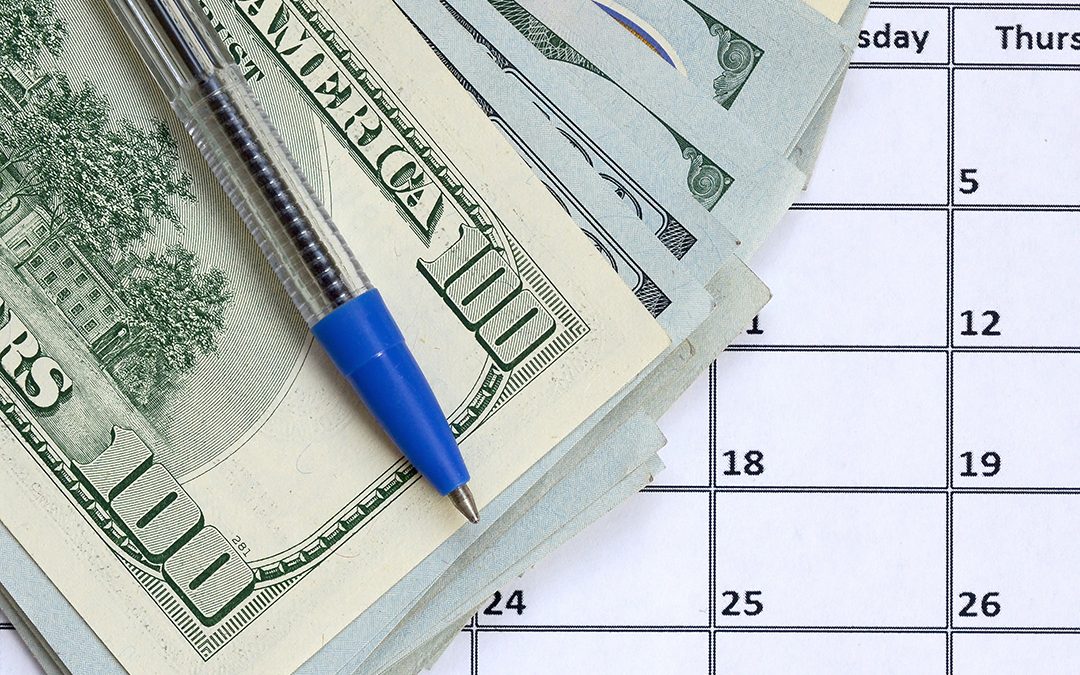Creating a personal financial calendar can help you stay on top of important financial tasks and deadlines throughout the year. Here’s a sample calendar to get you started:
January
Set financial goals for the year
Create a budget for the year
Review your retirement accounts and consider increasing contributions
February
Prepare and file your income tax return
Review your insurance policies and make any necessary changes
Review and update your estate plan
March
Check your credit report and credit score
Review your investment portfolio and rebalance if necessary
Plan for upcoming expenses, such as summer vacation or back-to-school shopping
April
Pay estimated taxes (if applicable)
Contribute to your IRA (if eligible)
Review and update your beneficiaries on your retirement accounts and life insurance policies
May
Plan for summer expenses, such as camps or vacations
Review and update your budget
Consider refinancing your mortgage (if rates are favorable)
June
Review and update your investment portfolio
Review your debt and consider a debt payoff plan
Plan for upcoming expenses, such as property taxes or car registration
July
Review and update your insurance policies
Check your credit report and credit score
Review and update your financial goals for the year
August
Plan for back-to-school expenses
Review your budget and make any necessary adjustments
Consider setting up automatic contributions to your savings and investment accounts
September
Review and update your retirement plan contributions
Review and update your estate plan
Plan for upcoming expenses, such as holiday shopping
October
Review and update your insurance policies
Review and update your investment portfolio
Review and update your beneficiaries on your retirement accounts and life insurance policies
November
Plan for holiday expenses
Review and update your budget
Consider donating to charity before the end of the year
December
Review and update your financial goals for the coming year
Review and update your budget for the coming year
Consider making contributions to your retirement accounts before the end of the year
Of course, your personal financial calendar may vary depending on your specific financial situation and goals. The important thing is to have a plan and stick to it throughout the year.

